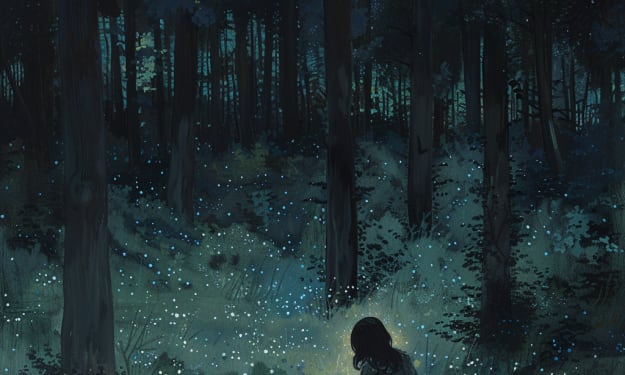
The Stories of Anton Chekhov" is a captivating collection of short stories that delves deep into the complexities of human existence. Penned by the renowned Russian author Anton Chekhov, these stories, originally published between 1880 and 1903, explore a wide range of themes and emotions, painting a vivid and thought-provoking portrait of life and society.
The anthology encompasses a diverse cast of characters from various walks of life, each grappling with their own unique circumstances and inner conflicts. From peasants and merchants to doctors and artists, Chekhov's stories transcend social boundaries and offer a glimpse into the hearts and minds of individuals from different backgrounds.
The collection opens with "The Bet," a tale that poses a moral and philosophical dilemma. A young lawyer accepts a bet to spend fifteen years in solitary confinement, wagering two million rubles against the life of the wealthy banker who challenges him. As the years pass, the story explores the transformative power of isolation and the true value of human life.
In "The Lady with the Dog," Chekhov delves into the intricacies of love and infidelity. Set in a seaside resort, the story follows Dmitri Gurov, a married man who finds himself drawn to Anna Sergeyevna, a woman he meets while on vacation. Their affair becomes a vehicle for Chekhov to explore the complexities of desire, the constraints of societal expectations, and the search for meaning in relationships.
"The Darling" introduces us to Olenka, a woman who lacks a strong sense of self and finds solace in her relationships with various men. As the story progresses, we witness Olenka's transformation from a devoted daughter to a doting wife and later a grieving widow. Chekhov's exploration of identity, dependency, and the need for validation raises poignant questions about personal autonomy and the nature of love.
"Ward No. 6" takes place in a provincial mental asylum, where the intellectual doctor Andrey Ragin develops an unlikely friendship with Ivan Dmitritch Gromov, one of the patients. Through their conversations, Chekhov delves into the notions of sanity and madness, the blurred boundaries between the two, and the fragility of human sanity in the face of societal constraints.
In "The Black Monk," the reader is introduced to Kovrin, a talented and ambitious scholar who begins to experience hallucinations. As Kovrin's mental state deteriorates, he becomes obsessed with a black monk who represents his desires, fears, and aspirations. This story explores the themes of genius, madness, and the fine line between inspiration and delusion.
Chekhov's ability to weave compelling narratives from seemingly ordinary situations is evident in stories such as "The Student" and "The Bishop." In "The Student," a young theological student embarks on a philosophical conversation with a peasant, exploring themes of faith, doubt, and the search for meaning in a world filled with suffering. "The Bishop" follows the journey of a deeply spiritual man who questions his faith and confronts his own mortality.
"The Kiss" introduces us to a humble civil servant named Ryabovitch, who becomes infatuated with a married woman after an accidental kiss. Chekhov skillfully captures the protagonist's internal turmoil and the consequences of his actions, shedding light on the fragility of societal norms and the consequences of romantic entanglements.
Chekhov's stories also offer insightful social commentary, such as in "Peasants" and "The Cherry Orchard." "Peasants" portrays the struggles of the rural class through the eyes of a landowner who seeks to improve the lives of his peasants. Meanwhile, "The Cherry Orchard" explores the decline of the Russian aristocracy and the societal changes brought about by the rise of the middle class.
Throughout the collection, Chekhov's prose remains elegant and evocative. His writing style combines vivid descriptions of the natural world with astute observations of human behavior. Each story is a carefully crafted exploration of the human psyche, inviting readers to reflect on the intricacies of human existence, the complexities of relationships, and the universal themes that connect us all.
"The Stories of Anton Chekhov" is a timeless masterpiece that continues to resonate with readers across generations. Through his profound understanding of the human condition and his ability to capture the subtleties of life, Chekhov invites us to contemplate the profound questions that define our existence. His stories are a testament to the enduring power of literature to illuminate the depths of human experience.
About the Creator
Drab
Book Bloggers || Book Reviewer






Comments
There are no comments for this story
Be the first to respond and start the conversation.